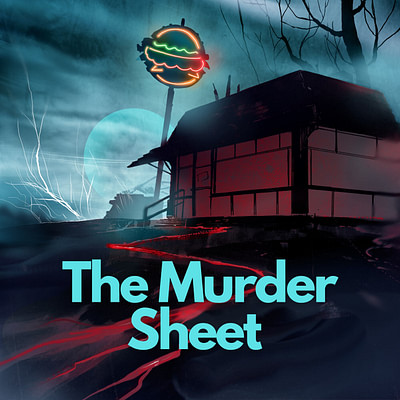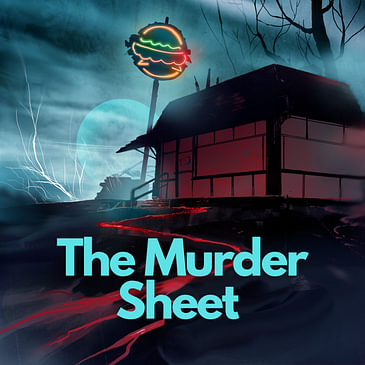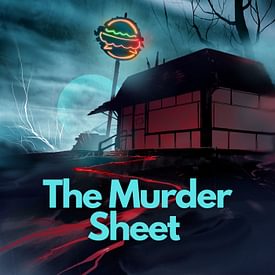This episode was originally published on The Murder Sheet's main feed on November 22, 2024.
Over six decades ago, Lee Harvey Oswald assassinated President John F. Kennedy in Dallas, Texas. A week later, President Lyndon B. Johnson tasked the President's Commission on the Assassination of President Kennedy (commonly known as the Warren Commission, after named after chairman, Chief Justice of the United States Supreme Court Earl Warren) with investigating the assassination.
Well recently, we interviewed a lawyer who worked on that commission: Burt W. Griffin. Judge Griffin was assistant legal counsel to the Warren Commission. He recently authored a book on his experience investigating the murder: JFK, Oswald and Ruby: Politics, Prejudice and Truth. He spoke to us about his initial reaction to the assassination, why the lawyers on the commission wanted there to be a conspiracy afoot, and what he learned as he dug into the case.
Support your local book stores! Check out JFK, Oswald and Ruby: Politics, Prejudice and Truth here or wherever you buy your books: https://bookshop.org/p/books/jfk-oswald-and-ruby-politics-prejudice-and-truth-burt-w-griffin/19990053?ean=9781476687766
Join our Patreon here! https://www.patreon.com/c/murdersheet
Support The Murder Sheet by buying a t-shirt here: https://www.murdersheetshop.com/
Send tips to murdersheet@gmail.com.
The Murder Sheet is a production of Mystery Sheet LLC.
See Privacy Policy at https://art19.com/privacy and California Privacy Notice at https://art19.com/privacy#do-not-sell-my-info.


